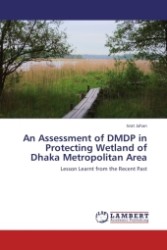- ホーム
- > 洋書
- > 英文書
- > Literary Criticism
Full Description
In Violence and Grace, Nichole Miller establishes a conceptual link between early modern English drama and twentieth-century political theology, both of which emerge from the experience of political crisis. Even as philosophers from Max Weber, Carl Schmitt, and Walter Benjamin to Hannah Arendt and Simone Weil drew upon sixteenth- and seventeenth-century dramatic representations of the nation-state to analyze the political phenomena of late modernity, Miller contends that they effaced the gendered and sexual dimensions of power and "exceptional life" so crucial to these plays. Miller's analyses accordingly undertake to retrieve for political theology the relations between gender, sexuality, and the political aesthetics of violence on the early modern stage, addressing the plays of Marlowe, Middleton, and especially Shakespeare. In doing so, she compellingly expands our understanding of drama's continuing theoretical impact.
Contents
Introduction
The Problem: Exceptional Life
Part I: States of Affliction
Prologue
The Sexual Politics of Pain: Hannah Arendt Meets Shakespeare's Shrew
Chapter One
Undead Letters: Marlowe's and Kantorowicz's Reliquary Arts
Chapter Two
The Revenger's Decision: Exceptional Law Between Middleton and Schmitt
Part II: States of Grace
Chapter Three
Sacred Life and Sacrificial Economy: Coriolanus in No-Man's Land
Chapter Four
The Aesthetics of Messianic Time: Gravity and Grace in King Lear
Chapter Five
Paul's Call; Cymbeline's Calling
Epilogue
Last Words: Reading Political Life







